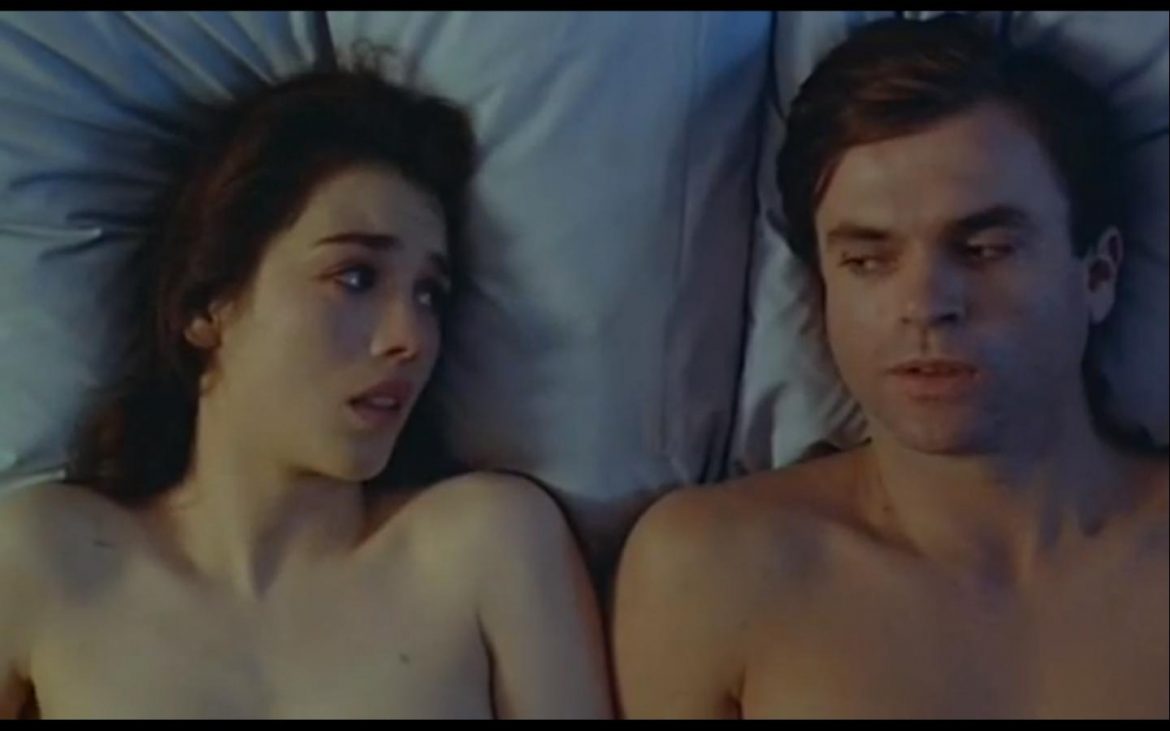Our month of horror staggers along, terrifyingly, into October, seeking whom it may devour.
Last week, we laid out the general rules: 7 films from franchises, 6 countries, 5 decades, 5 films from before 1970, films from Bava, Argento, Lenzi, Fulci, Henenlotter, Romero, and/or Stuart Gordon, 3 crazy animal movies, 1 silent, 1 original film and its remake, 1 classic Universal horror, 1 Stephen King adaptation, 1 film with a witch/witchcraft, 1 Tobe Hooper film.
Some of these criteria have been met, others not so much. But horror waits for no one!
Carnival of Souls (U.S., 1962, before 1970)
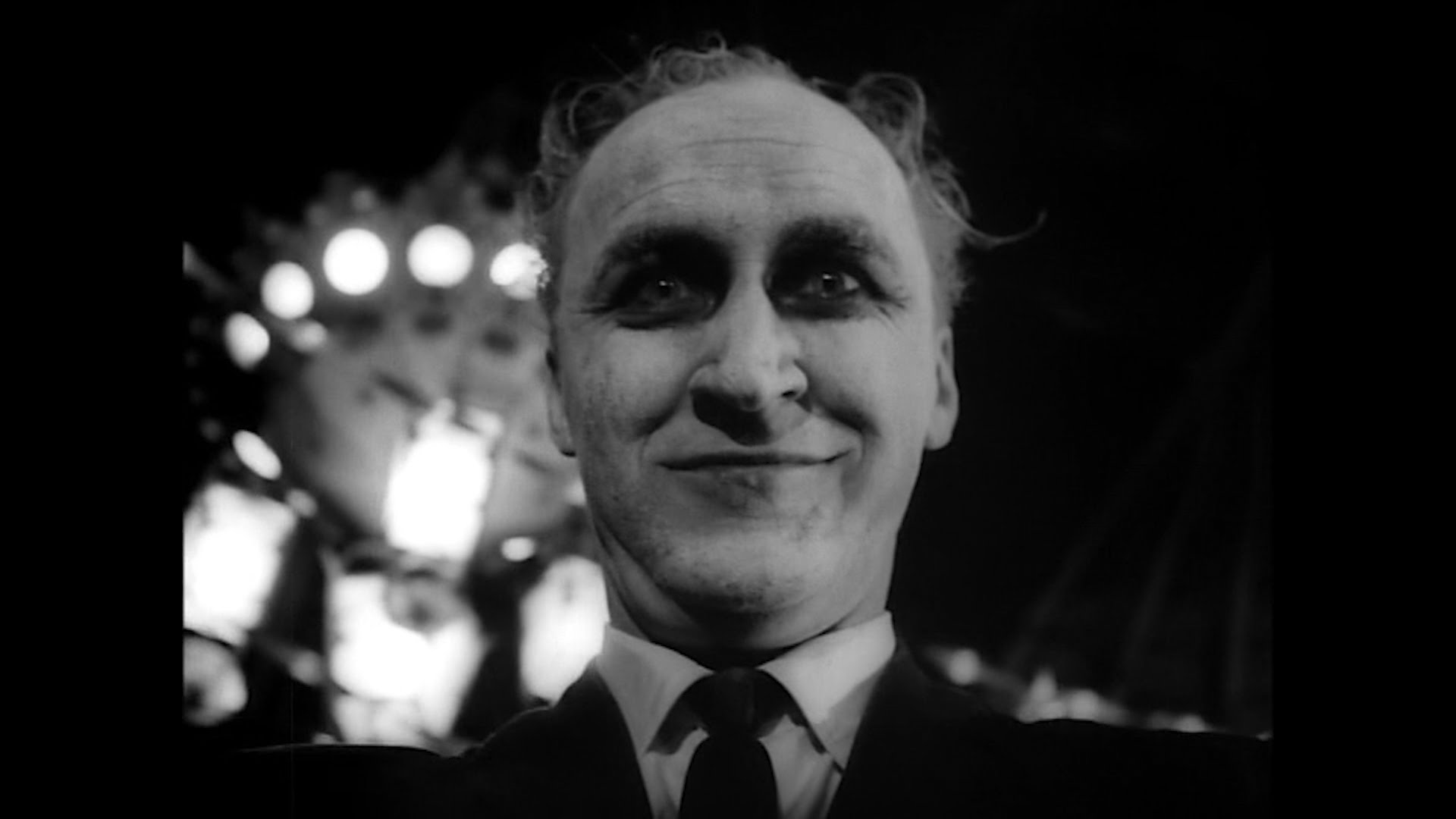
A low-budget dreamscape oddity, Carnival of Souls has become respected enough to be included in the Criterion Collection (alongside Armageddon, yes, I realize) while also remaining enough of a laughing-stock to be featured in RiffTrax’s Halloween event this year. And though Mike Nelson notes “I think people have to see it again and realize, oh yeah, it’s pretty crappy,” when has Mike Nelson ever been right about anything?
Watching Carnival of Souls for the first time this week, I found it entirely effective. It’s often cited as an influence on David Lynch and, while that might be a default shorthand for anyone wanting to note its weird disjuncts, awkward continuities, and “oneiric” tone, there’s something to it. This is, after all, a story about a woman who miraculously survives a car crash, emerging from the watery depths to become a church organist haunted by trauma, in a world that may or may not be filled with the dead. Like its protagonist, the film straddles worlds, and we’re never sure where we stand.
Folks can laugh all they want at the amateurishness of the production. There are creepy moments here, and a pervasive sense of dread as things go off the rails.
The Devils (UK, 1971, witch/witchcraft?)
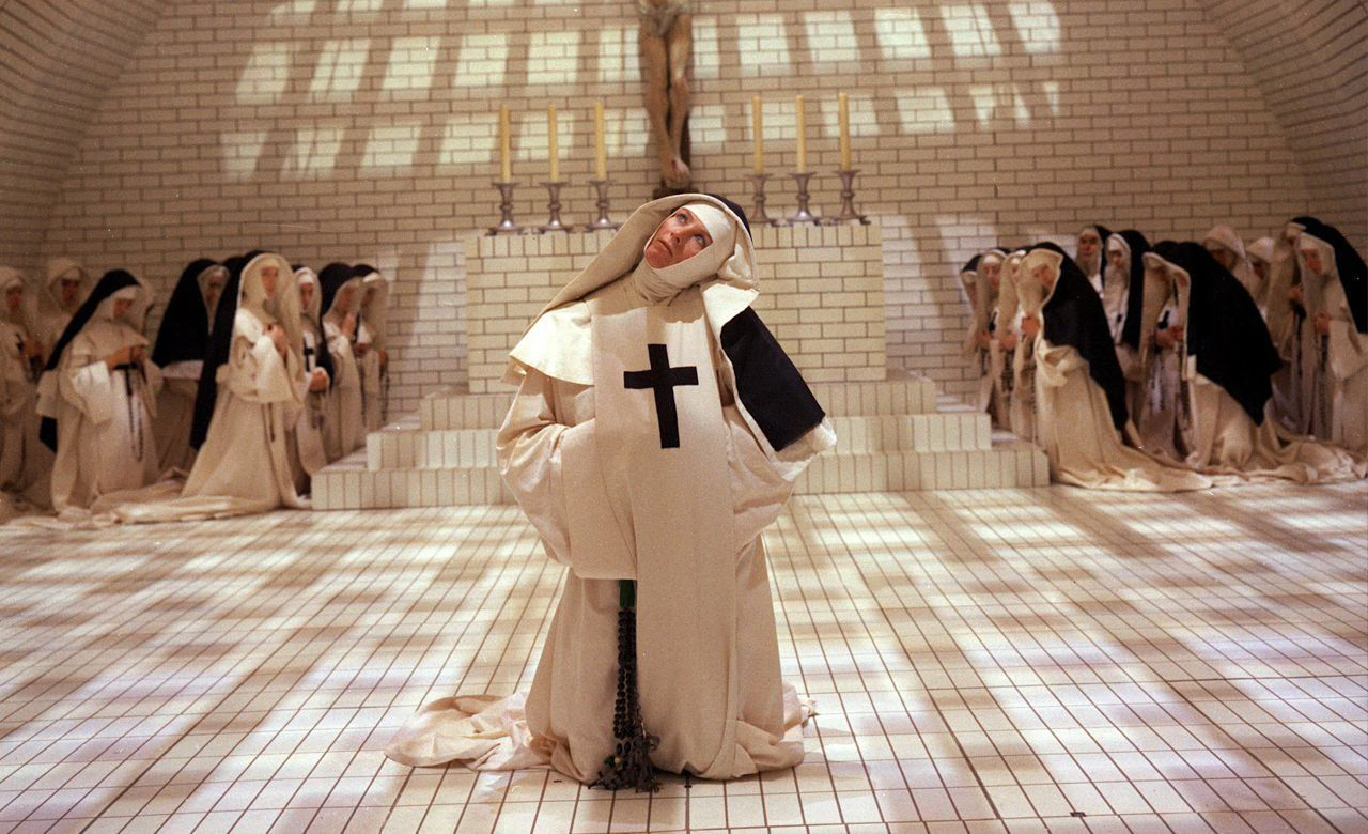
Ken Russell’s adaptation of Huxley was considered so scandalous, blasphemous, and indecent in its day that it was banned in multiple countries and saddled with an X-rating. Time has somewhat lessened the outrage at its images, but many of them remain shocking. The Devils was and remains out for blood, a full-throated attack on hypocritical charlatans everywhere. If Russell’s excessive aesthetic sometimes shows the wear and tear of age, the general terror can still be felt.
Focused on a wayward priest given to fleshly desire, a sexually repressed nun (Vanessa Redgrave) whose longings bring ruin on herself and the town around her, and the political operatives only too happy to seize on peasant fears to further their ambitions, this is a horror story where the monsters are both imaginary and all-too-real. The shift from psychological drama to fleshly torture feels inevitable — systems of repression invite horrifying return. By the time feet are bloodied with sledgehammers and nuns are sexually gratifying themselves, frantically, on jagged stones, it’s pretty clear there will be no redemption in the town of Loudon.
Halloween III: Season of the Witch (franchise, U.S., 1982, witch/witchcraft)
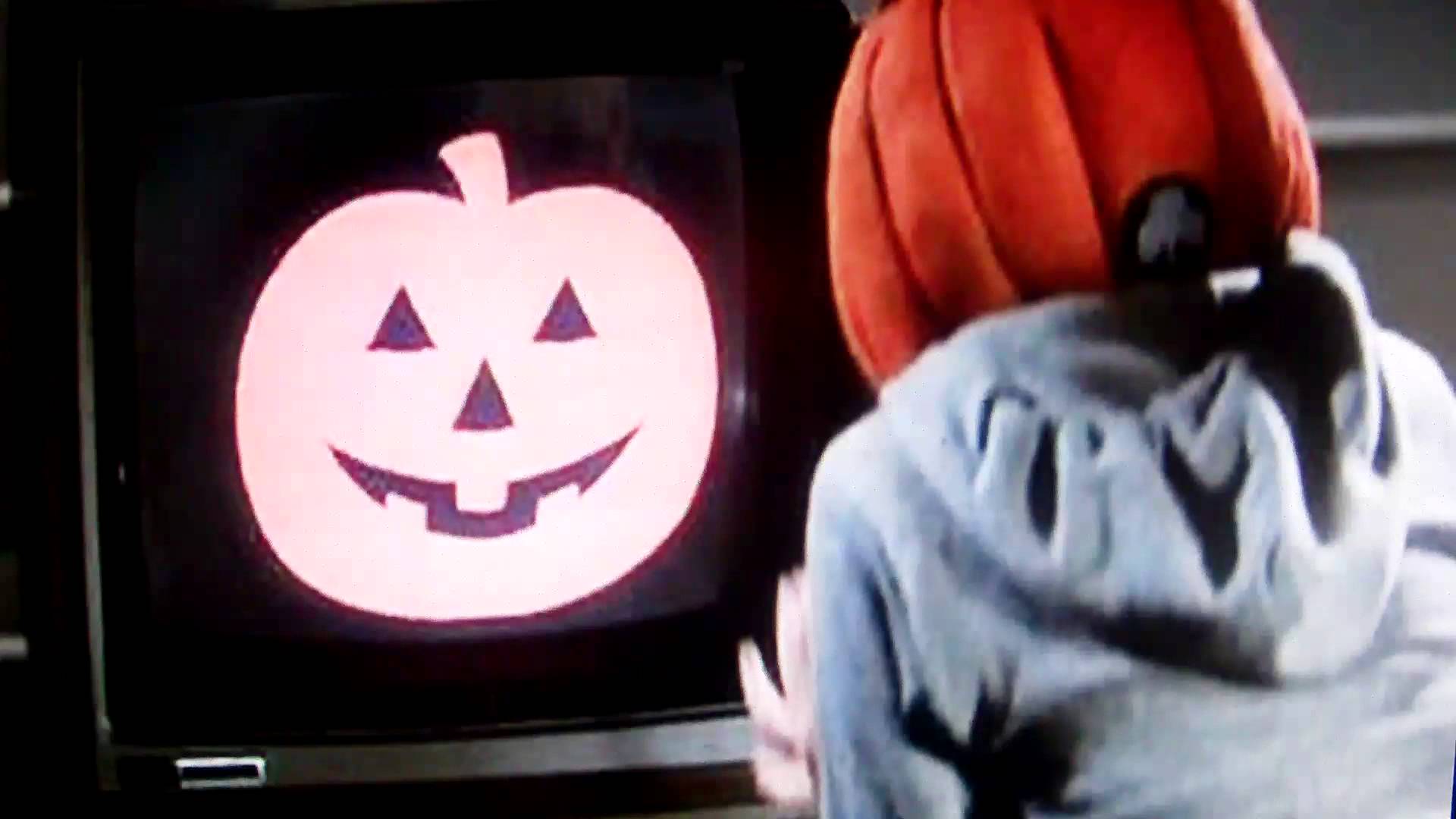
Good friends assure me that Halloween III: Season of the Witch needs to be enjoyed as October camp. I am told that its total disconnection from the preceding installments — instead of Michael Myers, we are faced with the peril of an Irishman who stole part of Stonehenge to activate an age-old sacrificial ritual whereby children watching TV will have their heads turn into bugs or something — is its best quality.
This is not true. Season of the Witch is simply bad. Its protagonist, a doctor who looks like an ESPN football commentator but who also somehow immediately beds the daughter of a man whose murder he’s investigating (a doctor’s work is never through), is bad. The idea of Irish wizard toymakers who create an army of plastic automatons who are also, inexplicably, filled with yellow goo is bad. And the jingle the films insists is ominous — “8 more days to Halloween / Halloween / Halloween / 8 more days to Halloween / Silver / Shamrock” — is anything but.
I did not care for this film.
Possession (France/Germany, 1981)

Possession, on the other hand, is a masterpiece.
Andrzej Żuławski’s rumination on divorce, desire, patriarchy, and tentacle sex-monsters is a gonzo dive into the imaginative uncanny. Isabelle Adjani delivers what has to be one of the single greatest performances from a female lead in any horror film in history. I’m not joking. She is unbelievable. By occupying several positions at once — both literally (as her character and its doppelganger) and figuratively (shifting between rage, lust, a fear at what she’s experiencing, a tremulous joy at her weird power) — Adjani anchors Possession somewhere deep in the troubled psyche.
Sam Neill also does his part, furiously kicking back and forth in his rocking chair, at one moment seeming a shitheel control freak, at the next a put-upon dad, and still again at the next possessed by something himself. Zulawski gives the viewer no option but to encounter each moment on its own terms; it’s an experience. You can try to guess what will happen next, but you’ll almost certainly be wrong. The only thing you can be sure of is that it will be unsettling, and, ultimately, inevitable.
Possession is my new favorite movie. Watch it, watch it again, and then listen to my pals over at We Love To Watch discuss it. This is a film that demands multiple viewings. Not because things will become clearer (they won’t), but just to visit this vision again.
Psycho III (franchise, U.S., 1986)
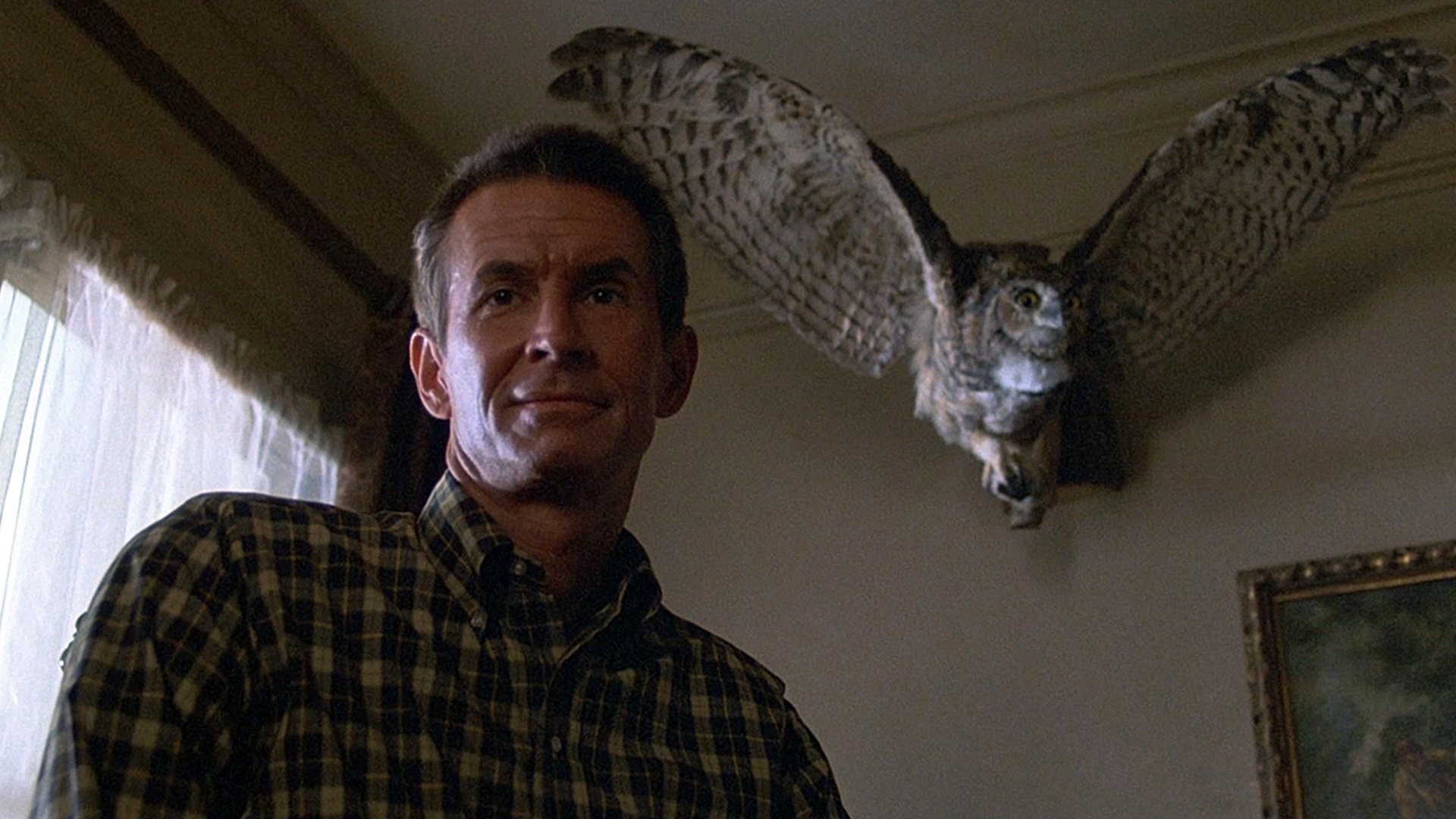
Alfred Hitchcock’s Psycho made its enormous impact on audiences through Freudian implication, subversive subtext, and fleeting moments of overt terror. Psycho III, on the other hand, contains this bit of dialog:
Norma Bates: You dirty, dirty boy
Norman Bates: But I… I didn’t do anything, Mother… I didn’t do anything, Mother. She’s a nice girl.
Norma Bates: She’s a whore.
Norman Bates: But we didn’t do anything.
Norma Bates: You let her come between us.
Norman Bates: But this… It isn’t right. It isn’t natural.
Norma Bates: It’s perfectly natural for a son to love his mother.
Norman Bates: God, will you leave me alone, Mother? Will you leave me alone?
Anthony Perkins, directing as well as reprising his Norman Bates role, can still manage to give you the willies. He’s an odd duck, and Psycho III‘s best moments come when it gives him room to just stand there, being weird. He falls in love with a woman who reminds him of Janet Leigh and we await the consequences, hoping for something more creepy than we ever actually get. The film is intent on doubling down on every impulse it imagines audiences have come to see; there are even flashbacks to the shower scene.
What Hitchcock understood, and what Psycho III does not, is that we really don’t want more of Norman Bates’ conversations with his mom, or more backstory on how these things came to be. It’s far creepier to focus, say, on his taxidermy. (It’s a bad sign when Perkins stuffing and mounting a bird becomes the scariest part of the movie.) But sequel-itis sets in — there needs to be more, however determined.
To its credit, Psycho III gives us more. Unfortunately, it’s not enough.

